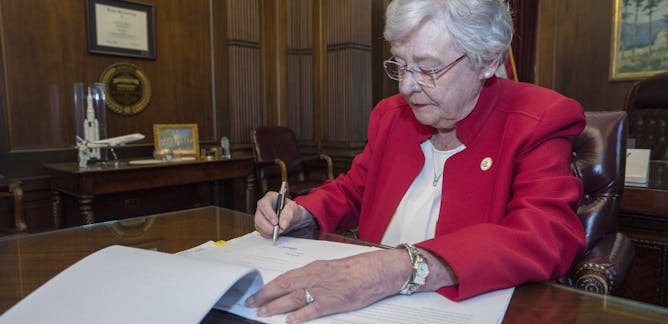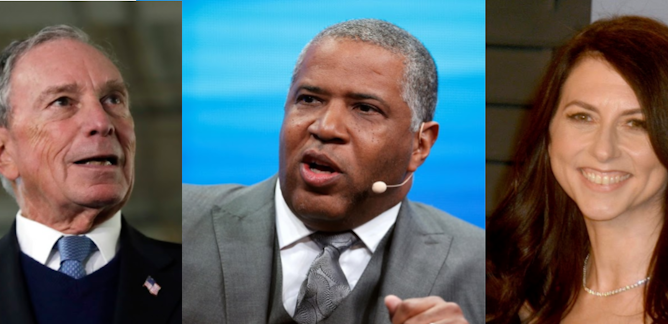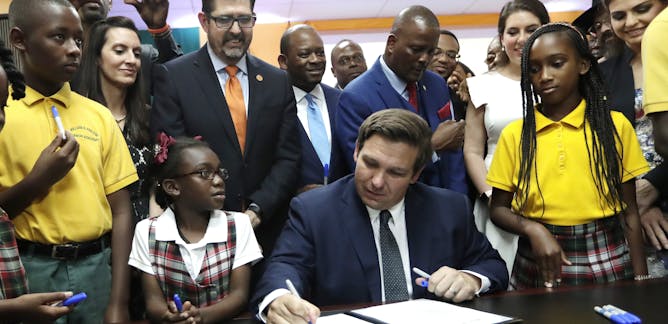
You might just be getting better at the game you’re practicing.
Malcolm Lightbody/Unsplash
Walter Boot, Florida State University
There are reasons to be skeptical, of both the quality of the evidence presented so far and the questionable assumptions that underlie claims of improved cognitive function after brain training.
|
Editors' picks:
|

Emily Suzanne Johnson, Ball State University
Conservative Christian women have played key roles in the anti-abortion movement for decades, but their contributions are often overlooked in language that focuses on men.
| |

William Herbst, Wesleyan University; James Greenwood, Wesleyan University
Every day about 50 tons of rocks from space fall on Earth. An examination of these meteorites has inspired a new theory about how exactly these rocks formed.
|

David Campbell, Binghamton University, State University of New York
As the debate over what ails philanthropy heats up, the questions are going beyond whether massive charitable donations help or hurt society.
| |

Dudley Poston, Texas A&M University
A new bill aims to give the District of Columbia representation in Congress.
|

Lee McIntyre, Boston University
What's the role of someone who, like
Robert Mueller, speaks only facts in a tornado of partisan bombast? Is it a breath of fresh air or an abdication of responsibility to protect America's interests?
| |

Shobana Shankar, Stony Brook University (The State University of New York)
Nigeria’s highly mobilized efforts to eliminate polio, and even tackle measles and other vaccine-preventable diseases along the way, may have lessons for the US.
|

Laura Burton, University of Connecticut; Nicole LaVoi, University of Minnesota
Why do female college coaches seem to be held to a different standard than their male counterparts?
| |

Richard Forno, University of Maryland, Baltimore County
Ransomware has crippled governments and companies around the world, encrypting data and demanding payment for the decryption key – though that's no guarantee of recovering the information.
|

Richard Grossman, Wesleyan University
The Fed said it's ready to act to 'sustain the expansion.' The latest jobs report suggests it may have to act soon.
| |

Christopher Lubienski, Indiana University; Joel R Malin, Miami University
Research over the past few years has shown vouchers for private schools set back student learning. So why are advocates still pushing so hard to expand them?
|

Kate O'Neill, University of California, Berkeley
A year after China stopped accepting most scrap material exports, other Asian countries are following Beijing's lead, forcing wealthy nations to find domestic solutions for managing their wastes.
| |

Renato Francisco dos Santos Paula, Universidade Federal de Goias
Brazil's new president was elected on promises to radically restructure Brazil. But proposed education spending cuts and curricular changes have students and teachers marching in the streets.
|
|
|